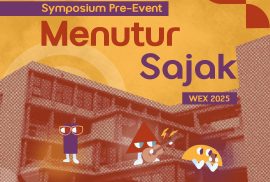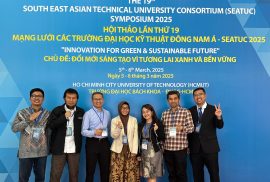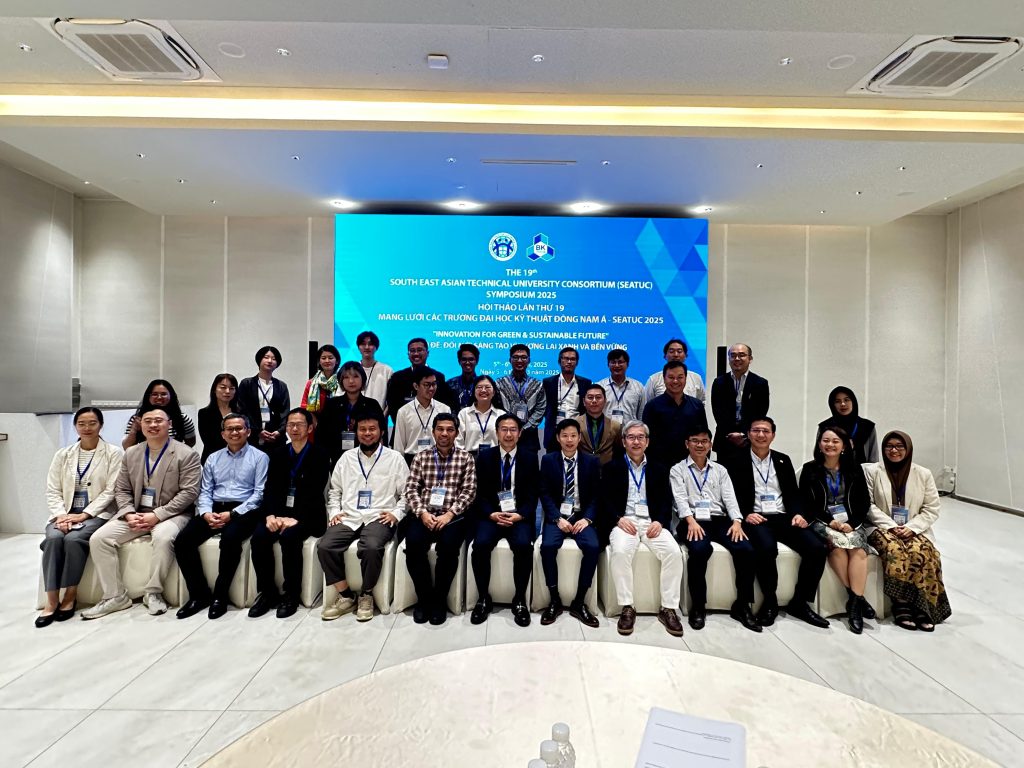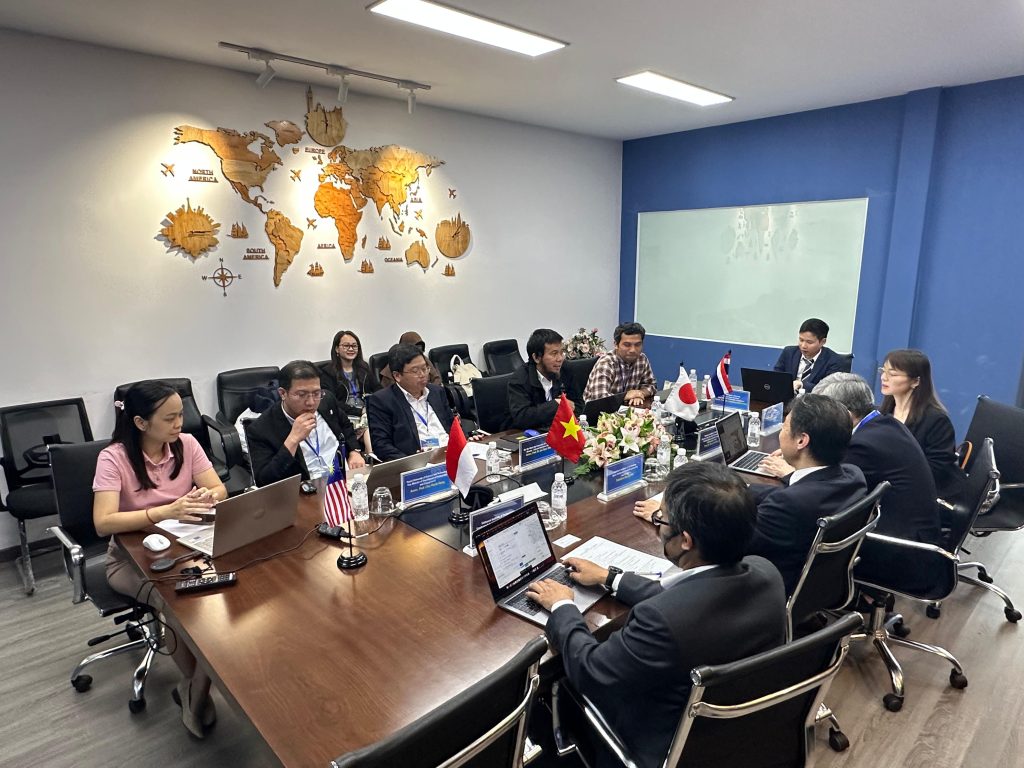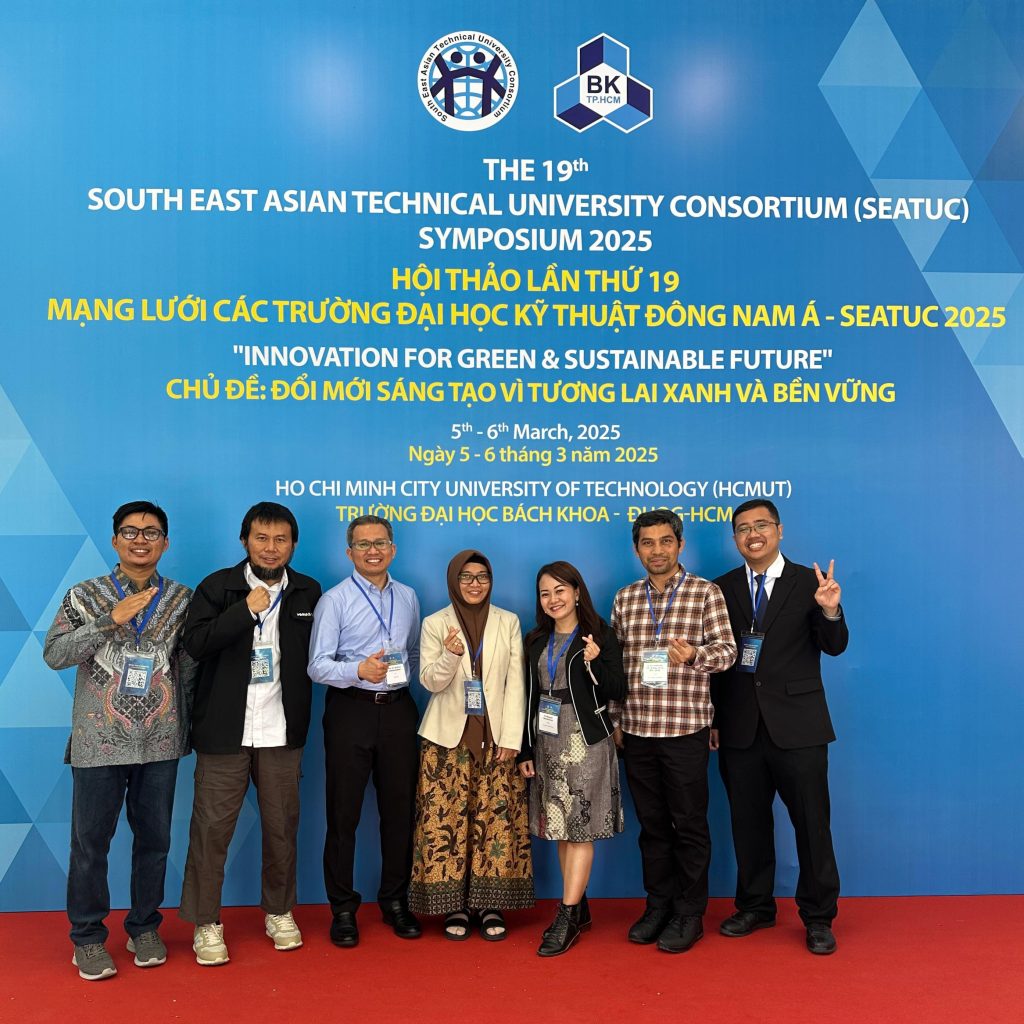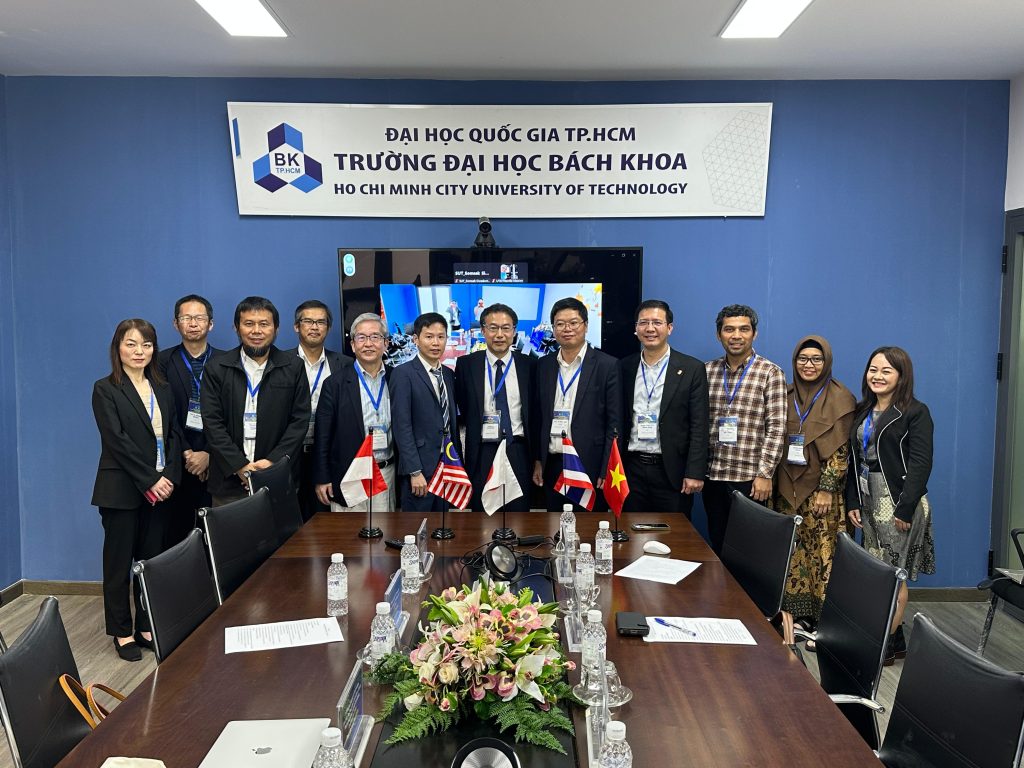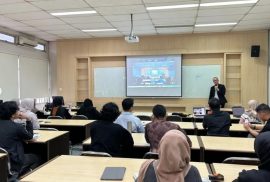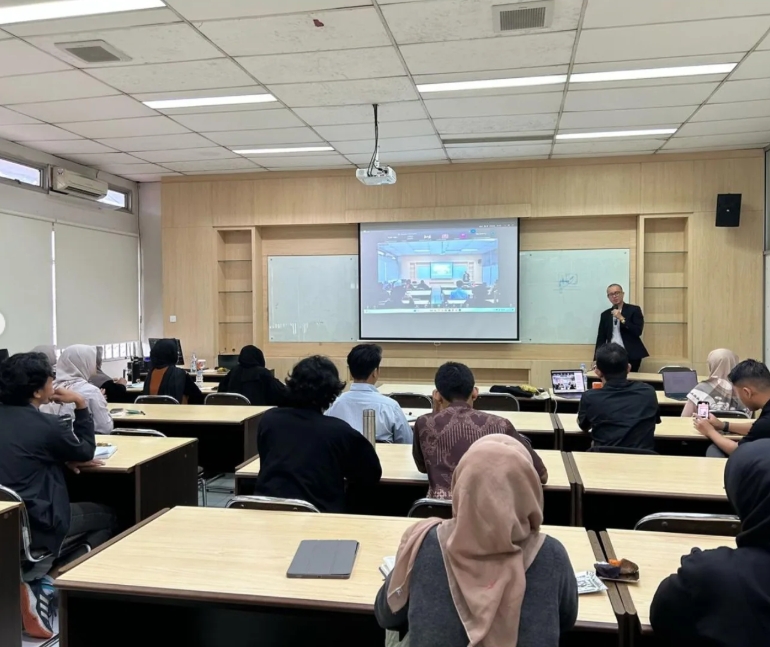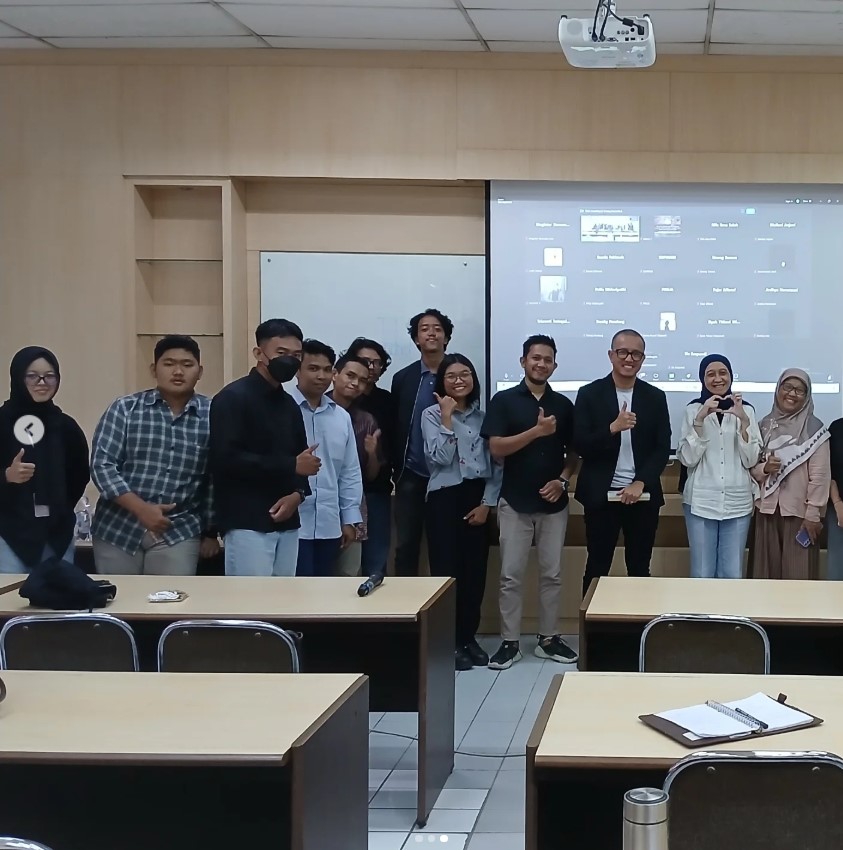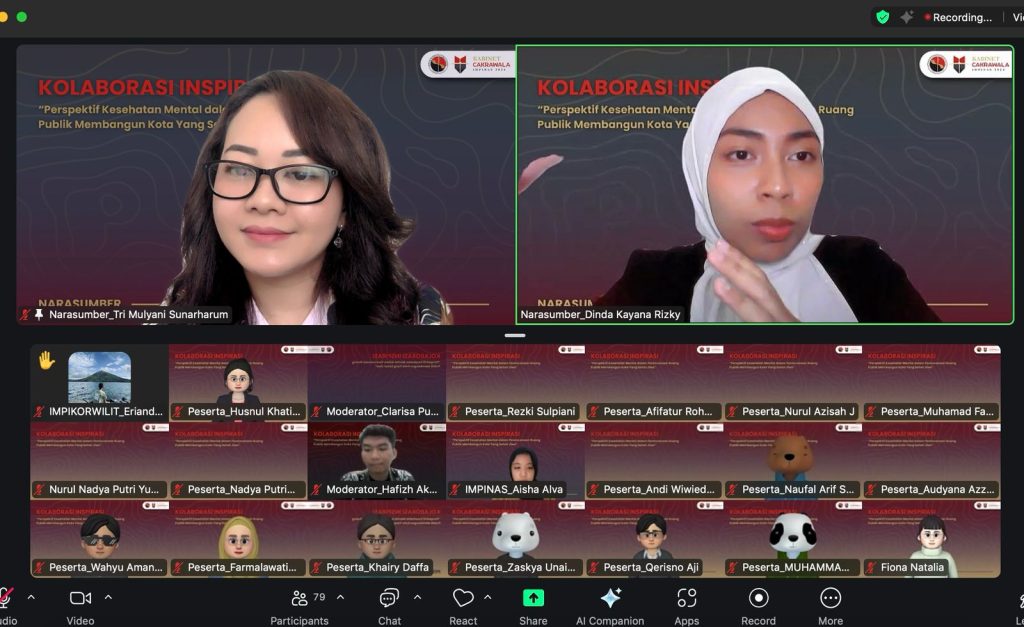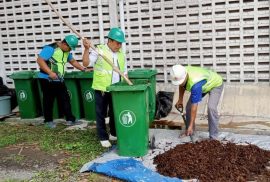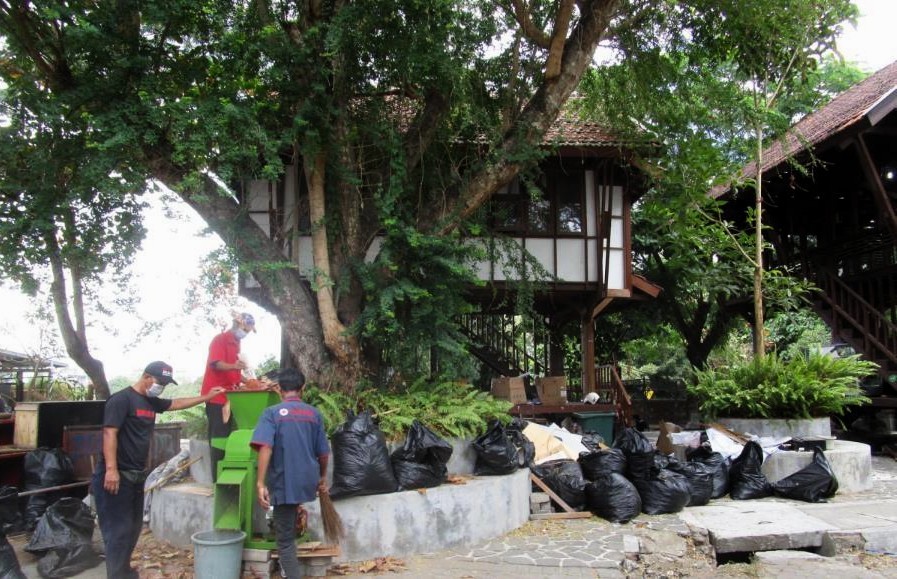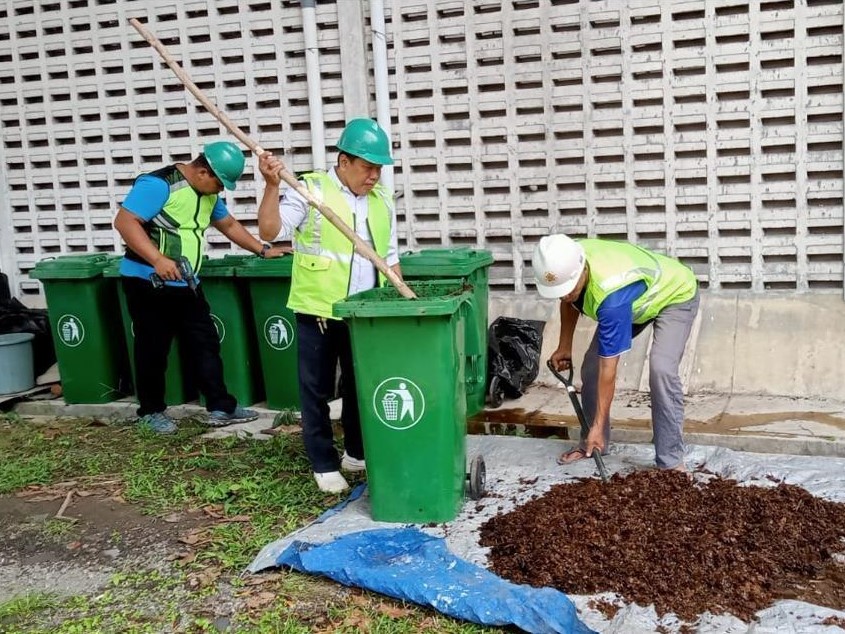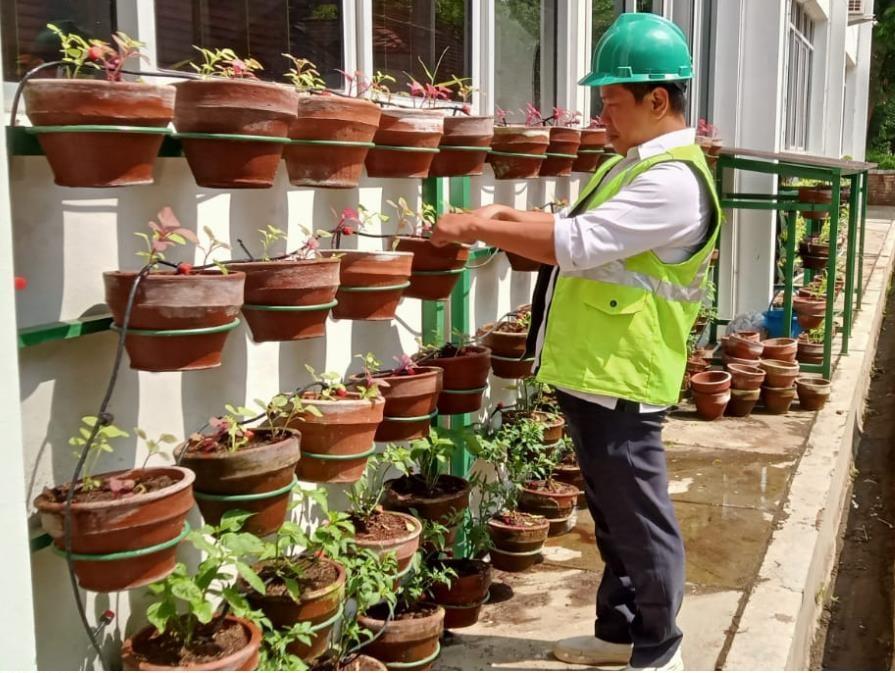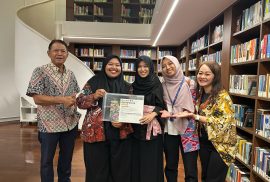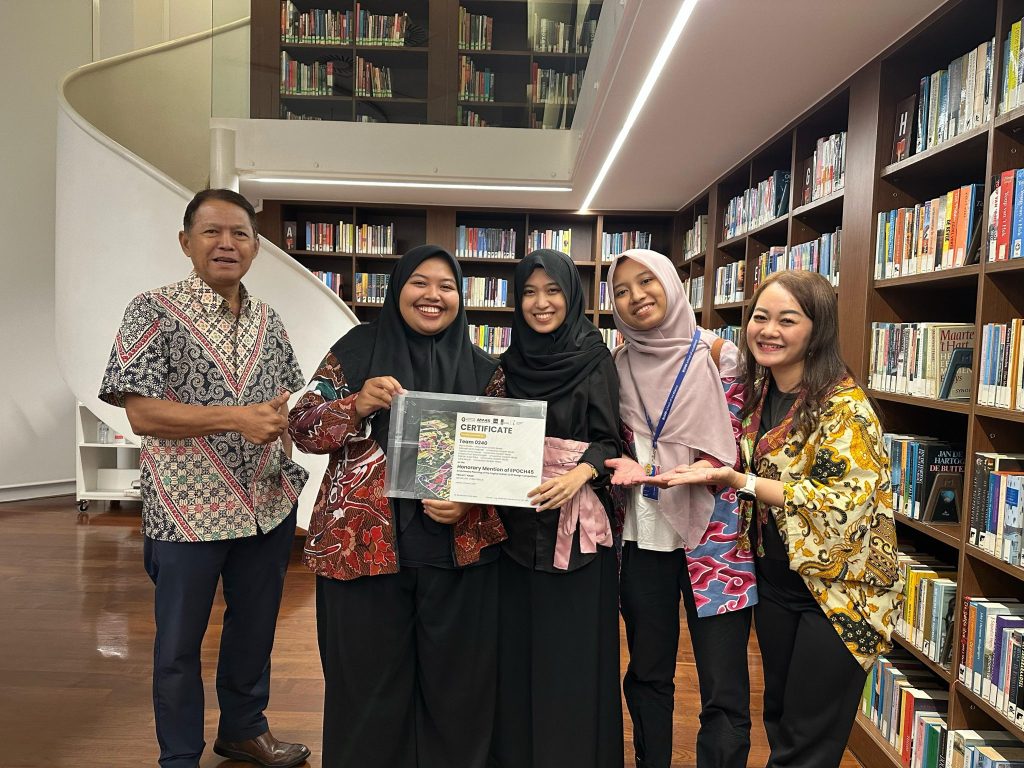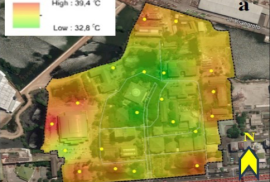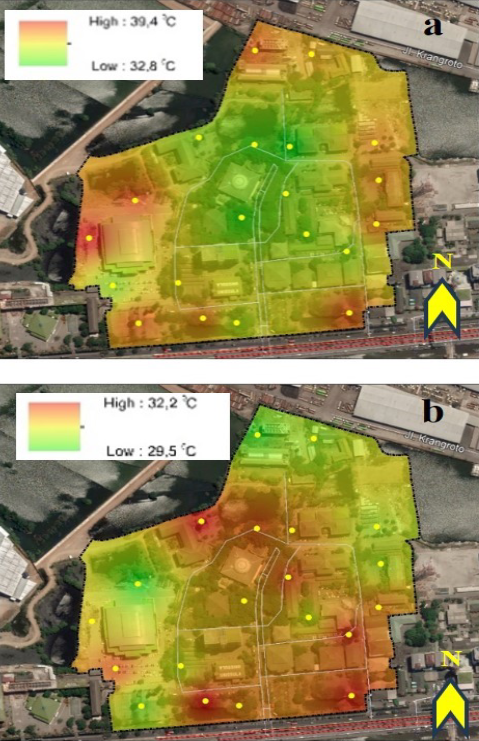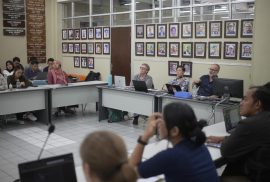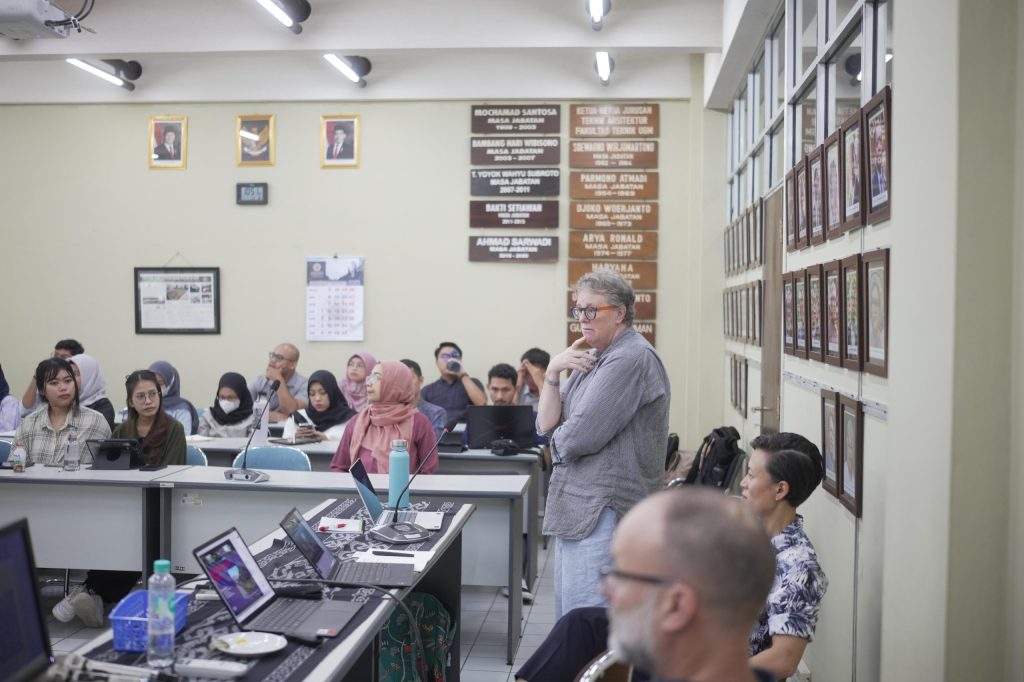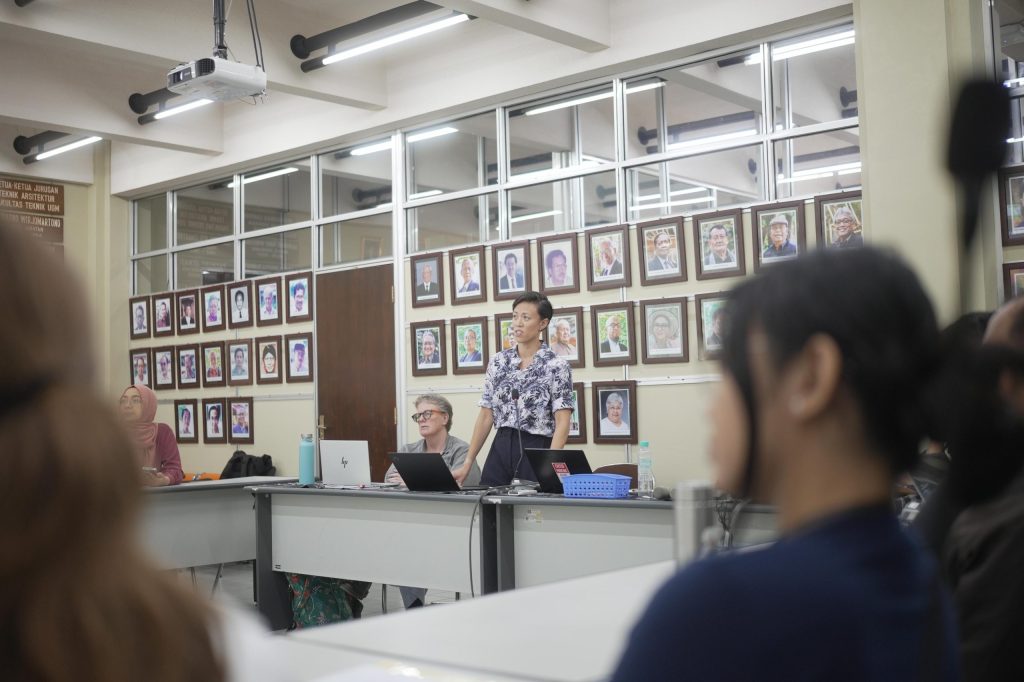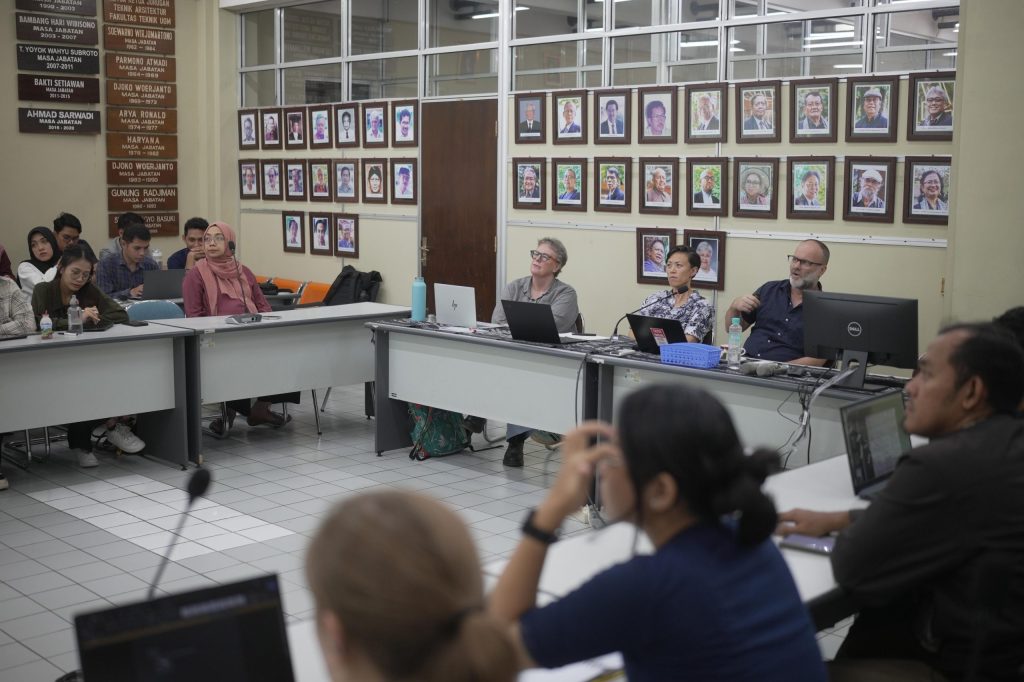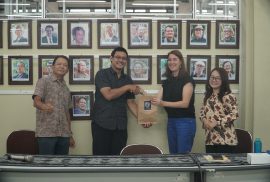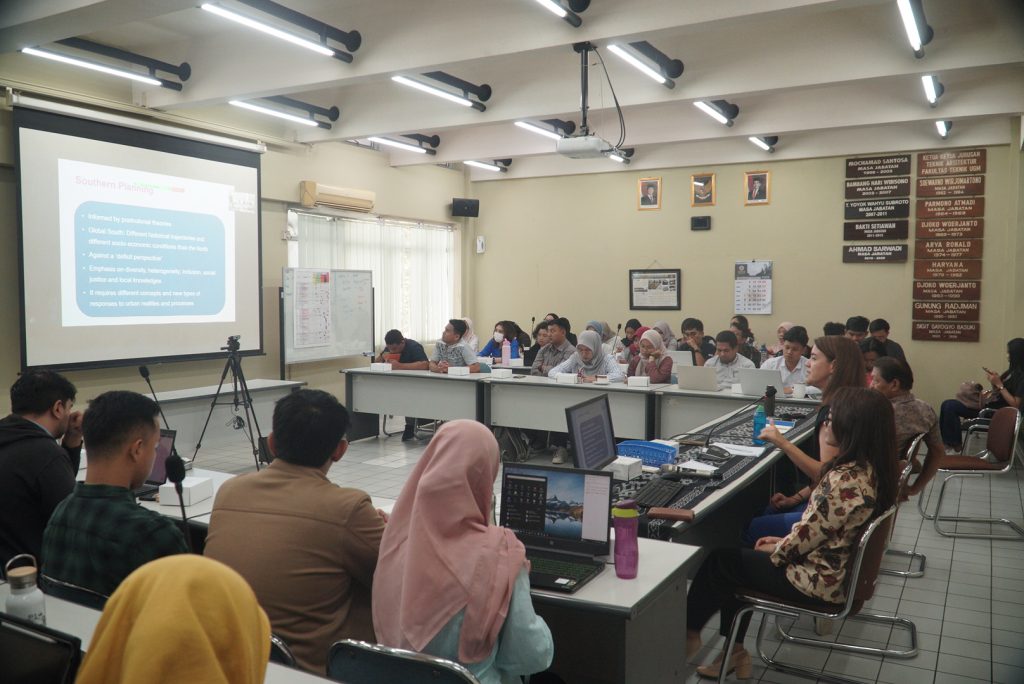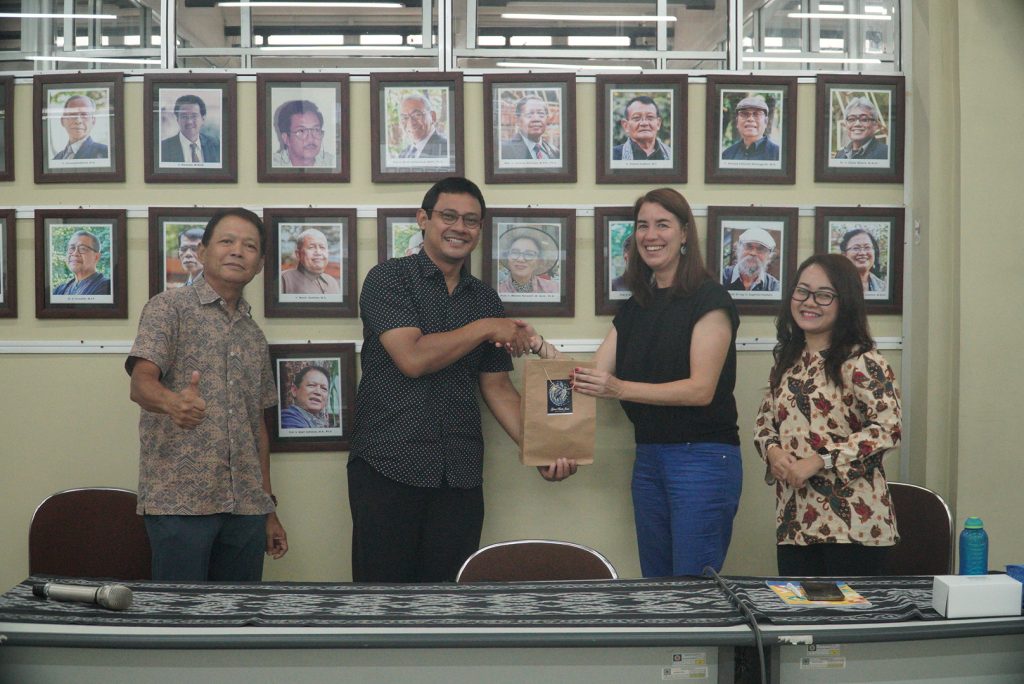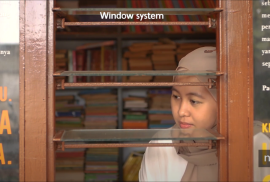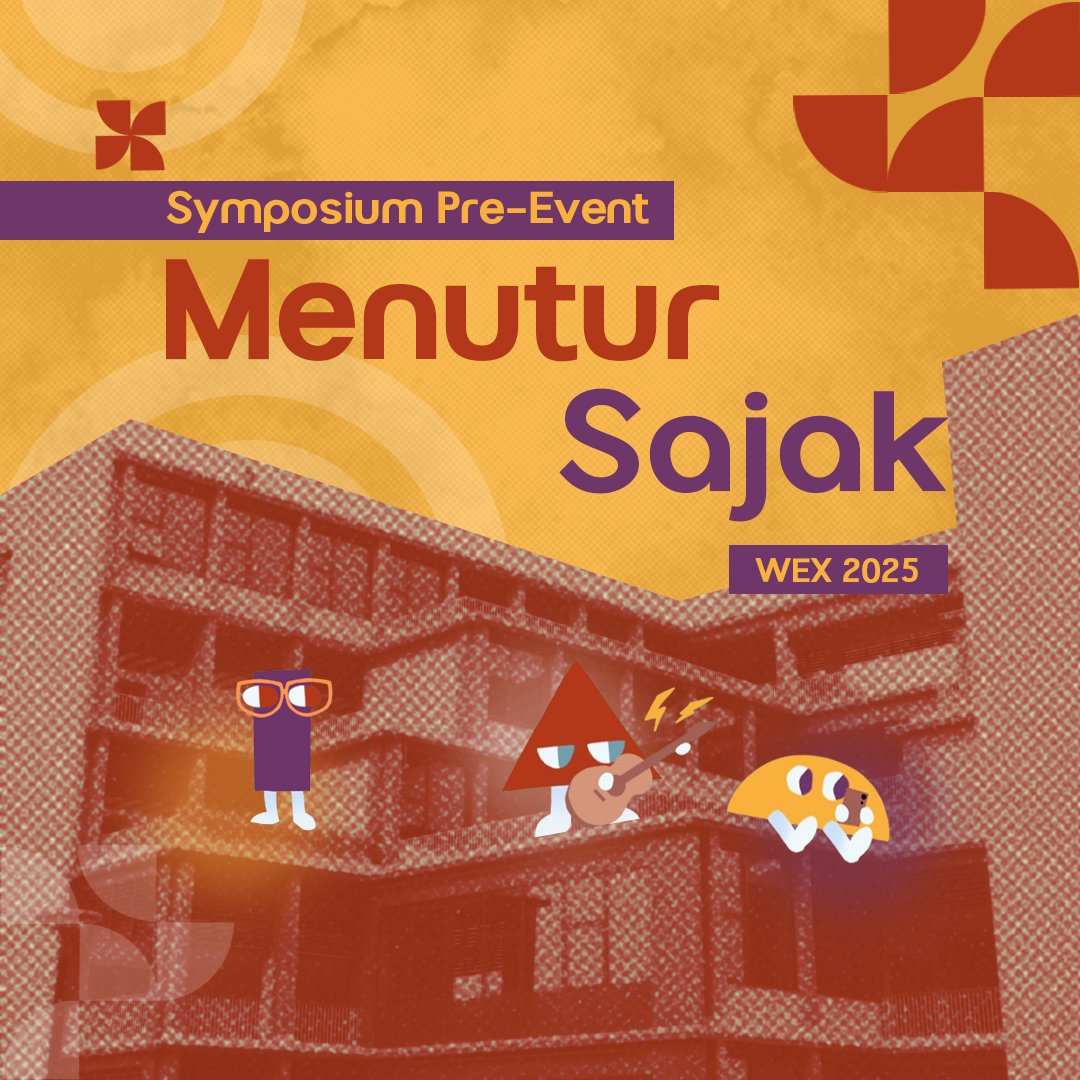
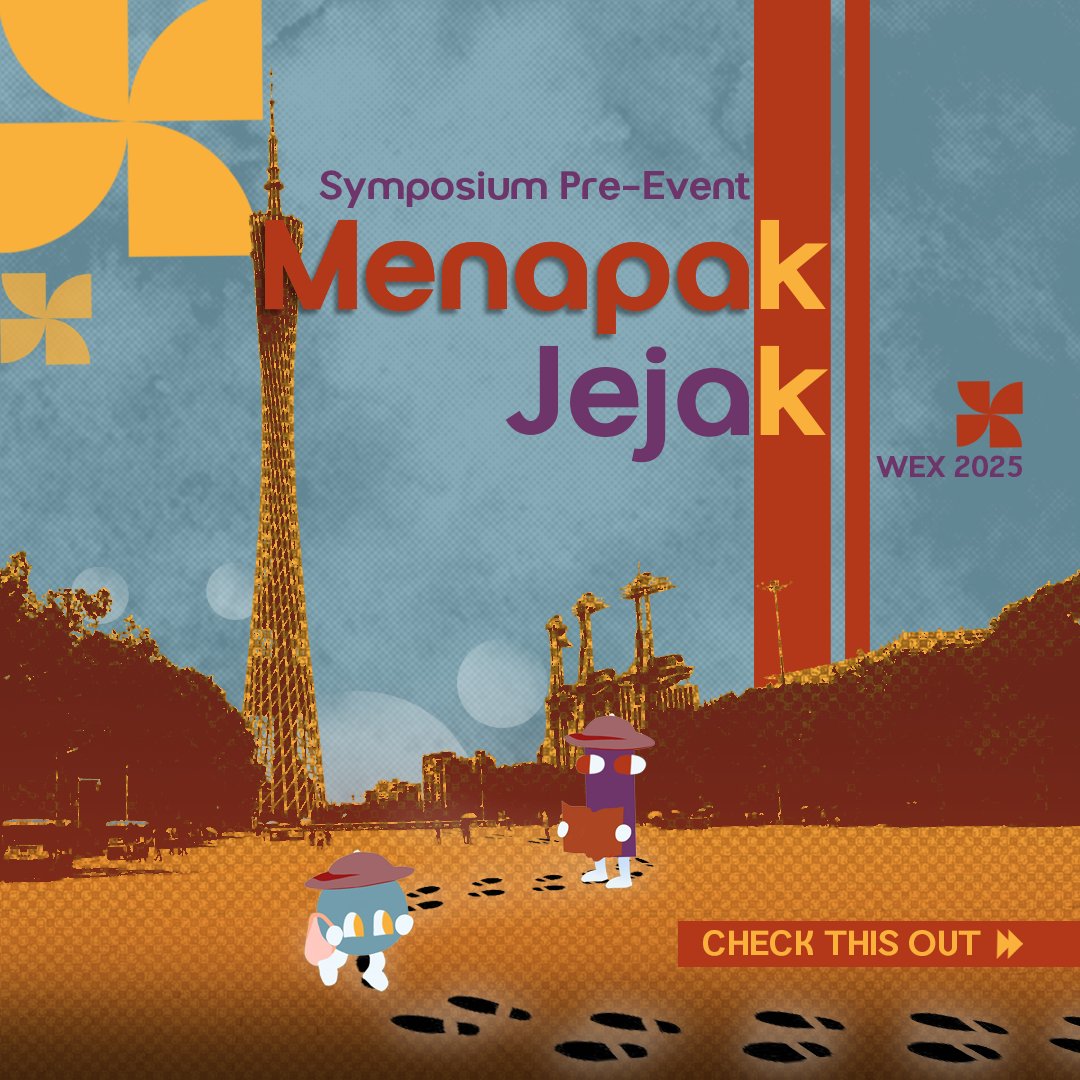
Yogyakarta, March 15, 2025 – Wiswakharman Expo (WEX) successfully held a discussion forum titled “Menutur Sajak” with the theme “Placemaking for Interaction and Learning.” The event featured speakers Syam Rachma Marcillia, S.T., M.Eng., Ph.D., a lecturer from the Department of Architecture and Planning (DTAP) UGM, and Dr. Phil. Oki Rahadianto Sutopo, S.Sos., M.Si. an Associate Professor of Sociology Program, UGM. This discussion took place at Titik Nol Yogyakarta, where attendees were invited to engage in conversations regarding the growing concerns of limited public spaces in Yogyakarta. As a city renowned for its title as the “Student City,” Yogyakarta is now facing challenges in adapting to students’ needs for inclusive spaces that support learning beyond the campus environment.
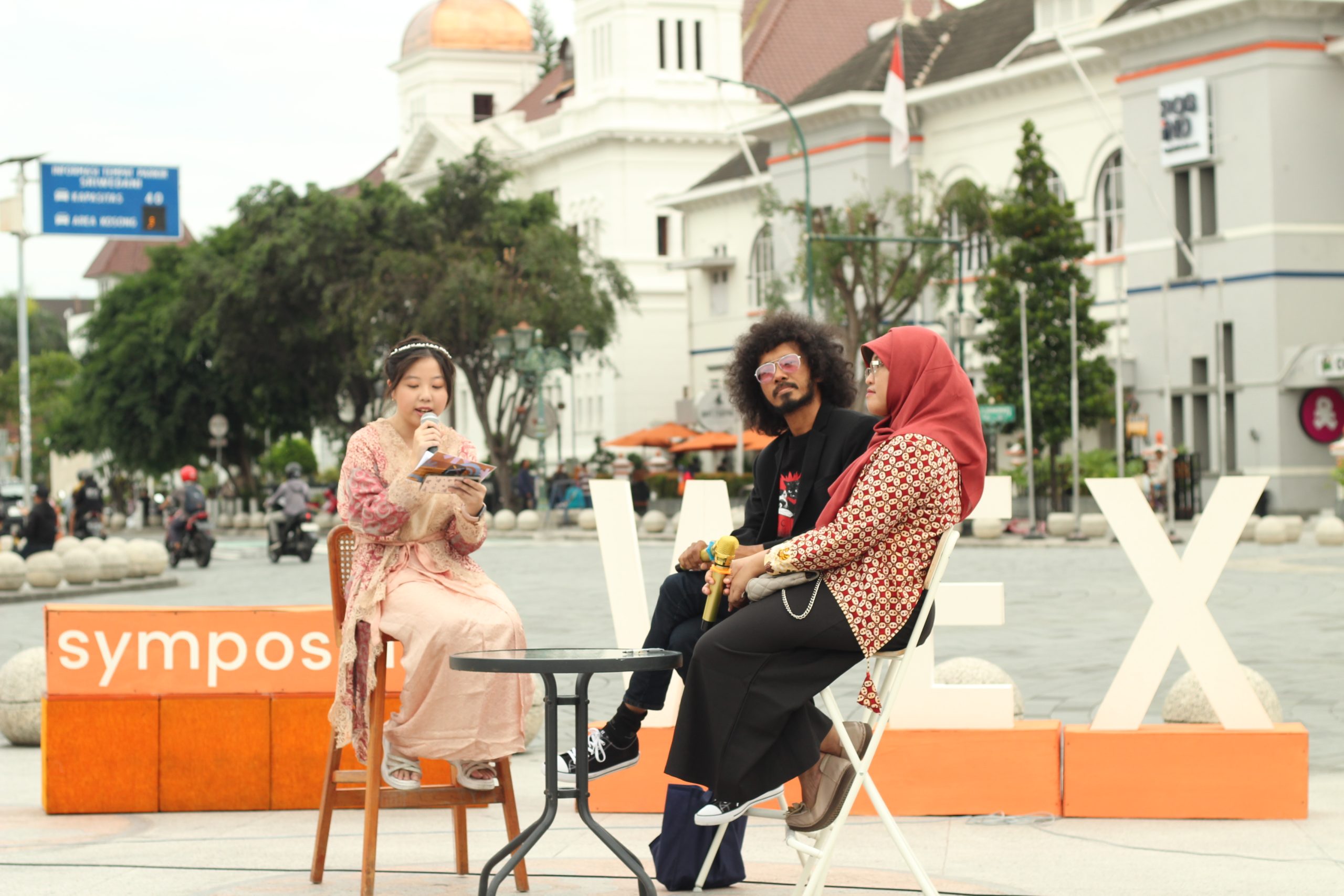
Throughout the discussion, Mrs. Rachma and Mr. Oki, coming from different academic backgrounds, provided fresh perspectives for the audience. One of the key points of discussion was how spatial availability impacts human sociology in community life. The event, held at 4:00 PM WIB with the visual backdrop of Titik Nol Yogyakarta, attracted a large audience. Many attendees used the opportunity as a way to pass the time before breaking their fast, while tourists in the area also stopped by to listen to the insightful discussion.
The pre-event series continued on Saturday, March 22, 2025, with “Menapak Jejak,” themed “Sketches and Stories Behind Space and Time.” Participants visited four destinations in Yogyakarta, where they engaged in live sketching while learning about the historical significance of each location. The event began with a briefing and a lecture by mentor Yehezkiel Cyndo at the Architecture Studio Preparation Room, DTAP UGM. Following this, participants boarded a bus to their first destination, Museum Sasmitaloka.
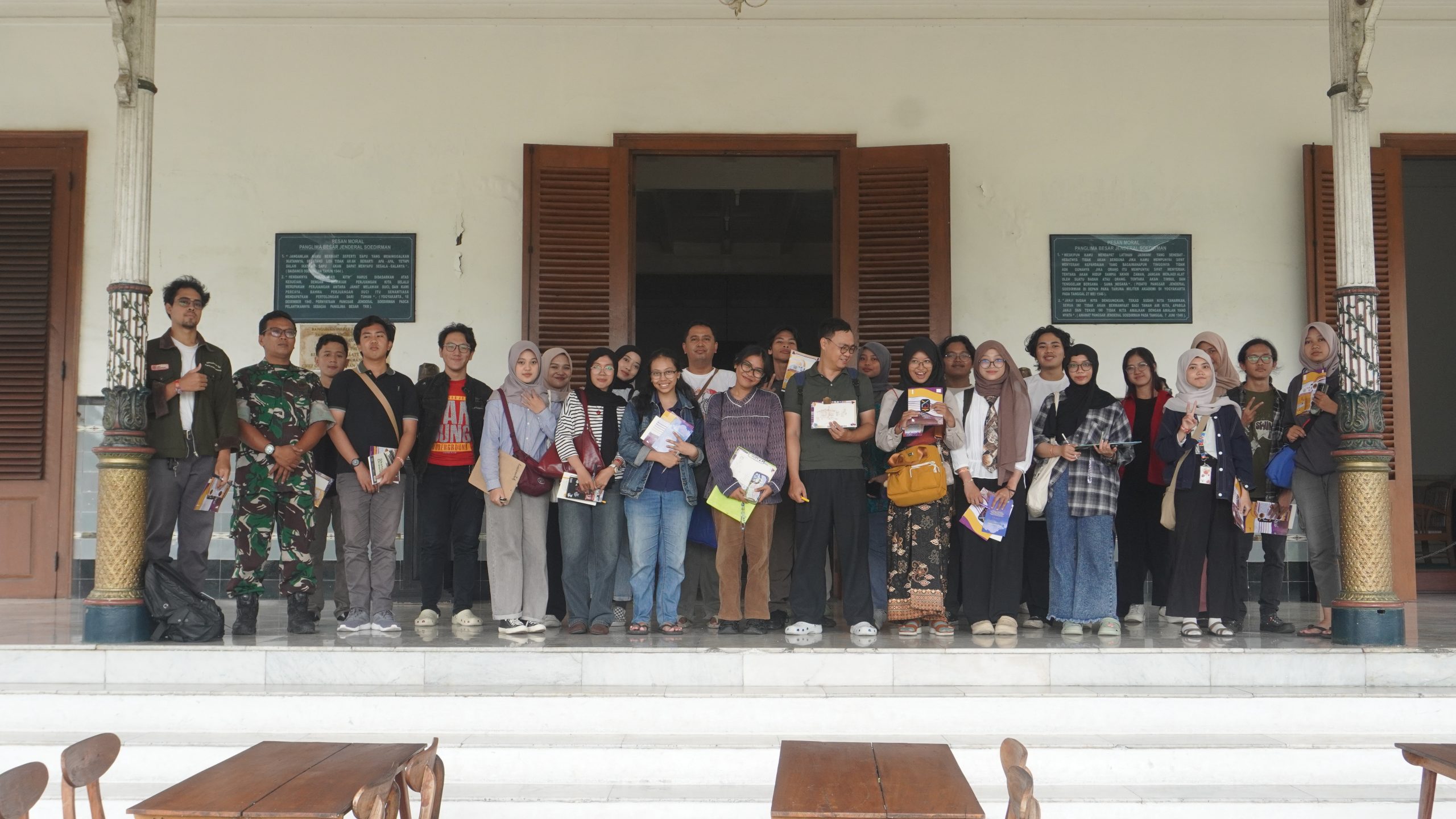
At Museum Sasmitaloka, participants were given an introduction to the museum’s history and purpose. They then toured the museum, exploring various exhibits and dioramas related to General Sudirman. The visit concluded with a live sketching session led by mentor Yehezkiel Cyndo. The next destination was SMA BOPKRI 1 Yogyakarta, where participants received a presentation from school representatives, followed by a tour of the school’s historical sites and another live sketching session. The third stop was SMAN 3 Yogyakarta (PADMANABA), which followed the same format as the previous destinations. The final destination was Titik Nol Yogyakarta, where participants had the opportunity to refine their sketches from the previous locations. The event concluded with a judging session by mentor Yehezkiel Cyndo, who announced I Putu Ananda Darmaputra and Khairun Nisa Nova as the winners of the live sketching session. The participants then returned to the Faculty of Engineering together.
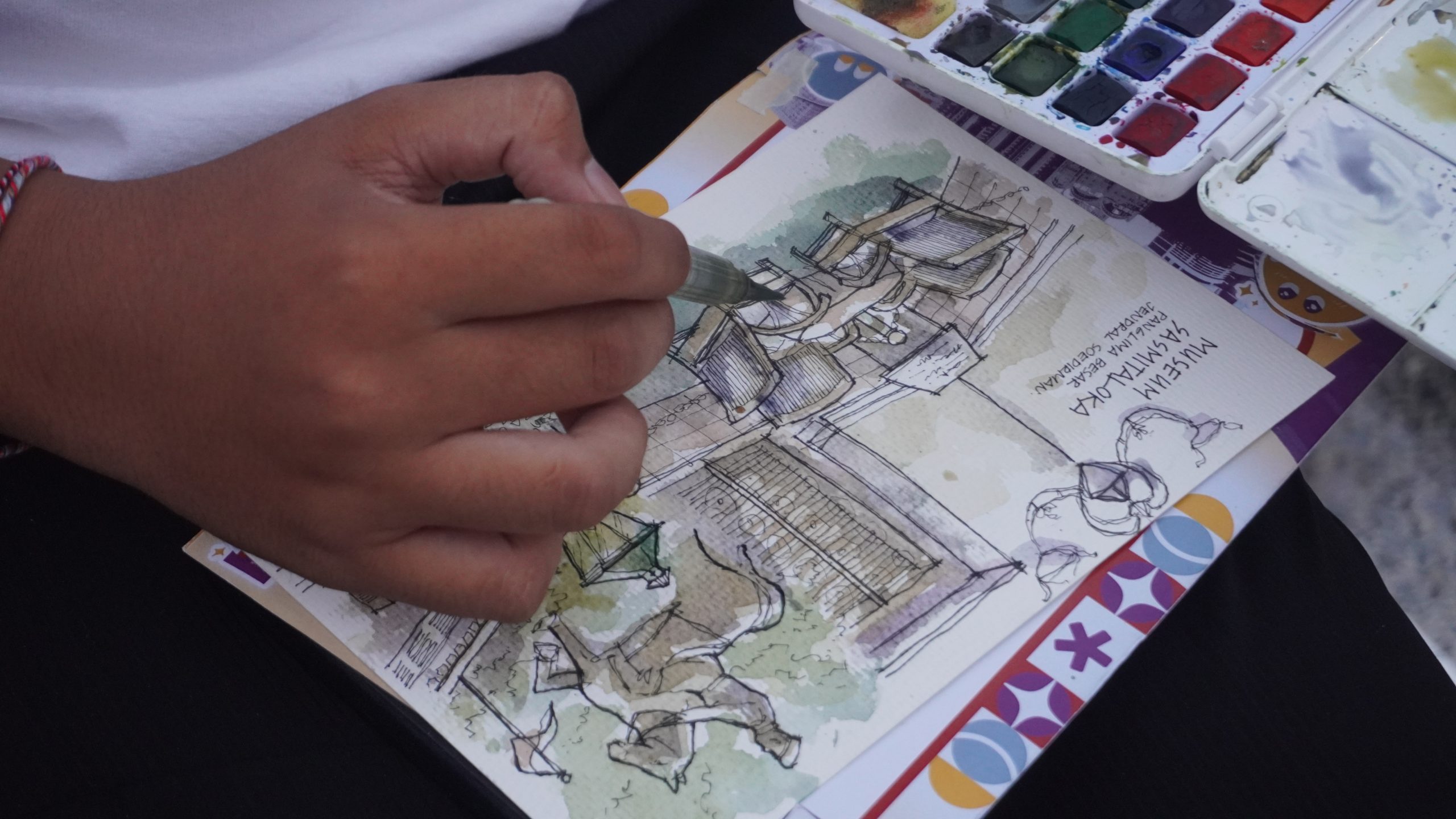
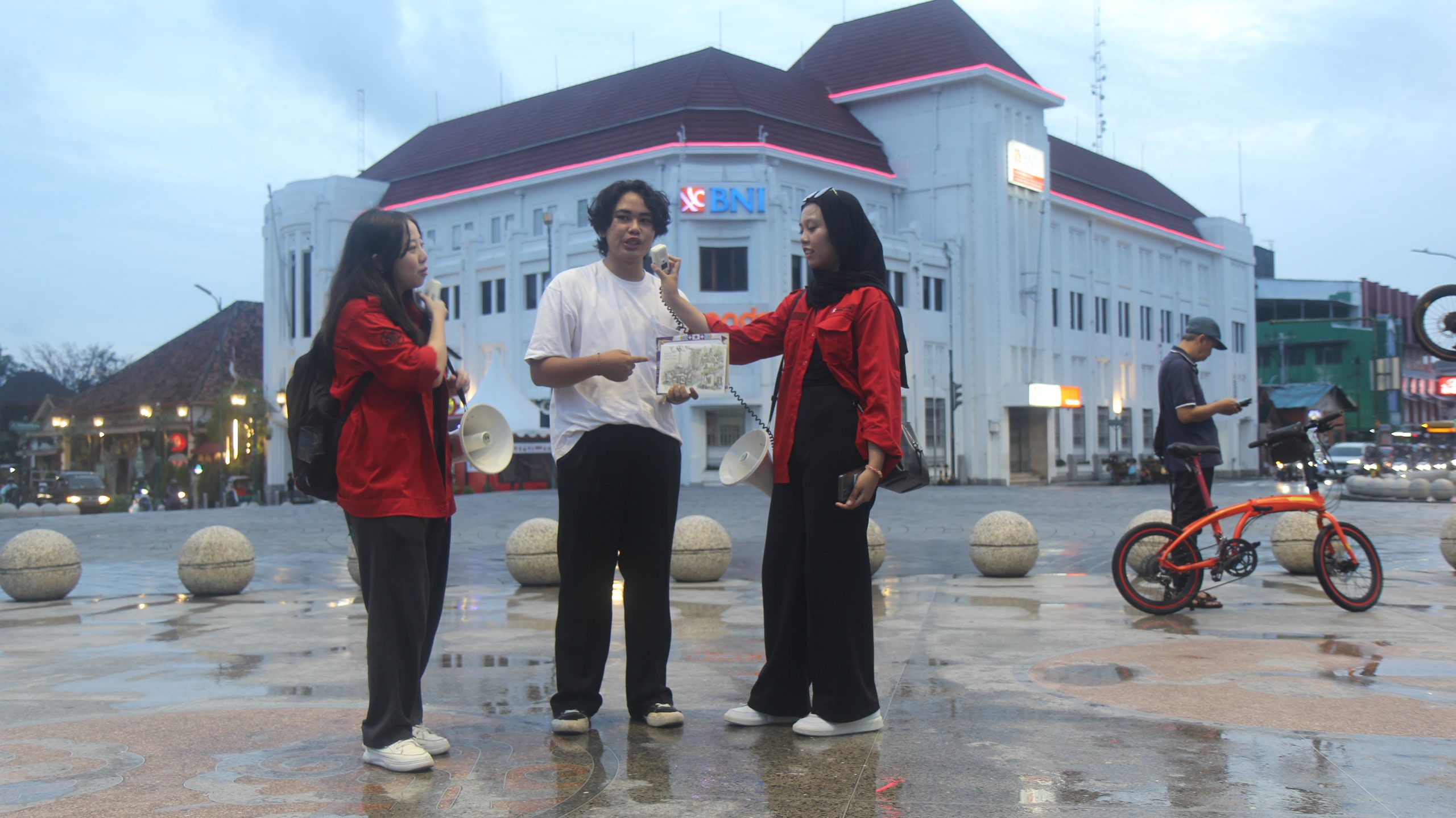
These pre-event activities mark an innovation by WEX, aiming to raise public awareness of the issues that will be discussed more comprehensively during the main Wiswakharman Expo 2025 event. The main event will take place starting from Friday, May 9, 2025, to Sunday, May 11, 2025, at the Innovation and Creativity Hall (GIK) of UGM.
